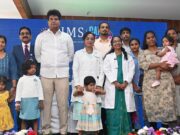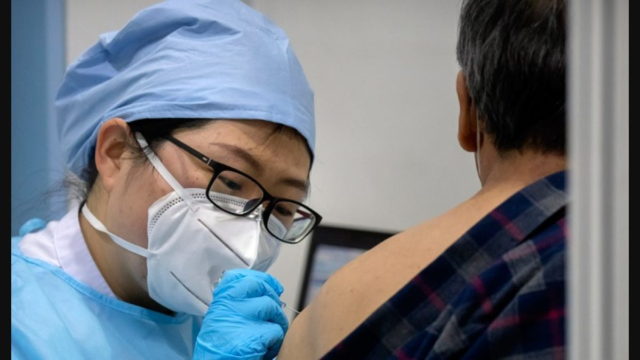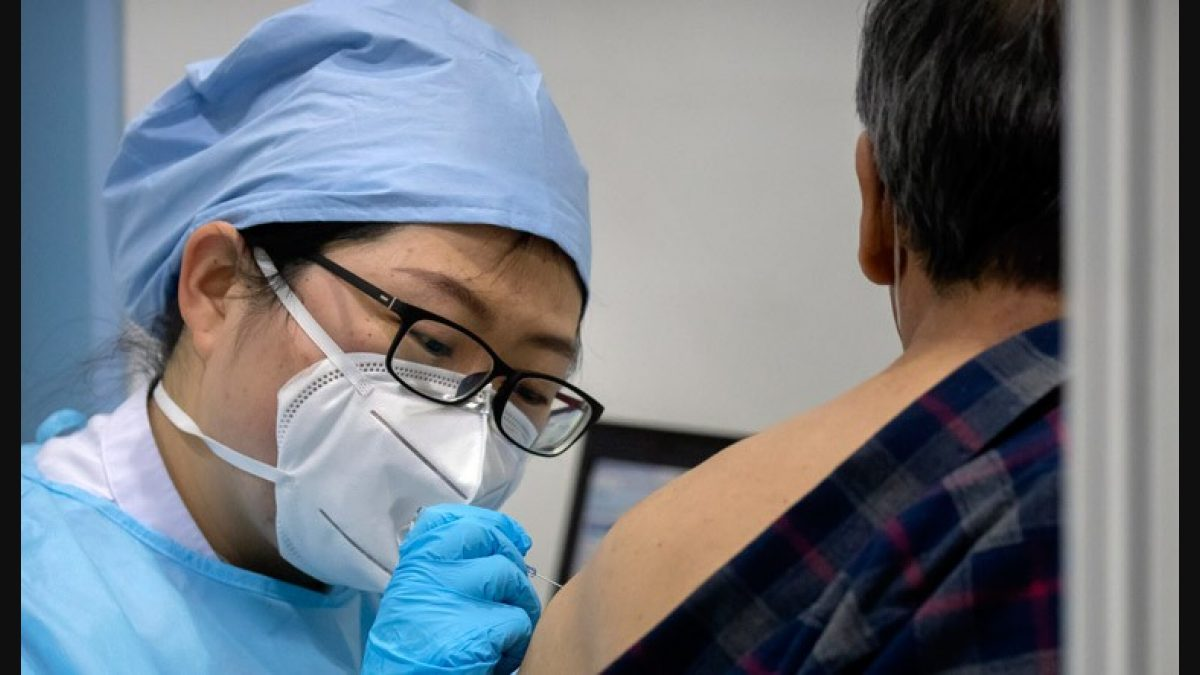
Surge in STSS Cases
STSS cases have surged, reaching 977 by June 2nd this year. This figure has already surpassed last year’s total of 941 cases, according to the National Institute of Infectious Diseases.“Most of the deaths happen within 48 hours”
“Most of the deaths happen within 48 hours,” said Ken Kikuchi, a professor in infectious diseases at Tokyo Women’s Medical University. He highlighted the rapid progression of the disease, noting that patients can die within 48 hours of noticing initial symptoms.
What is STSS?
STSS, or Streptococcal Toxic Shock Syndrome, is a severe illness caused by infection with group A Streptococcus (GAS) bacteria. It is characterized by the rapid onset of shock and multi-organ failure, which can be life-threatening if not promptly treated.
Symptoms and Treatment
Initial symptoms of STSS include fever, chills, muscle aches, and nausea. As the disease progresses, more severe symptoms such as low blood pressure, rapid heart rate, and organ failure can occur. Treatment involves high-dose intravenous antibiotics and supportive care.Preventive Measures
Preventive measures include good hygiene practices, prompt treatment of streptococcal infections, and close monitoring of wounds and skin infections. Public health education on the symptoms and risks associated with group A Streptococcus infections is also crucial for early detection and treatment.
Who is at Risk?
“People with an open wound are at increased risk for STSS,” according to the US CDC. This includes individuals who recently had surgery or a viral infection that causes open sores. However, experts don’t know how the bacteria enter the body for nearly half of people who get STSS.
Similar Outbreaks in Other Countries
Other countries have also experienced similar outbreaks. In late 2022, at least five European nations reported an increase in invasive group A streptococcus (iGAS) disease cases to the World Health Organization (WHO). The WHO noted that the rise in cases correlated with the lifting of COVID restrictions.









































